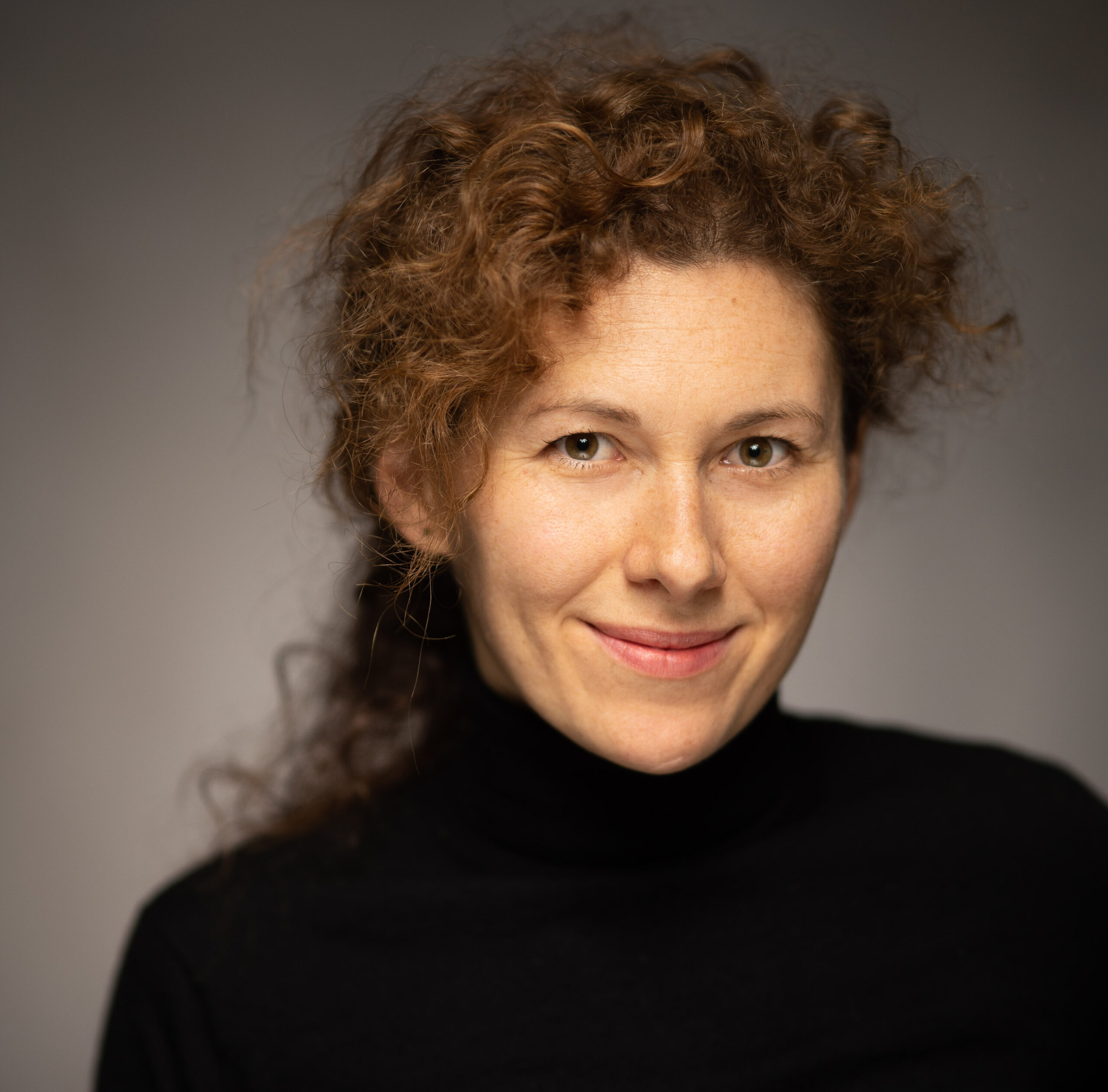
Birgit Nemec, historian and cultural scientist, is Professor of the History of Medicine at the Institute for the History of Medicine and Ethics in Medicine at Charité.
She has worked in the cultural and museum sector after training in cultural management, studied history and cultural studies and has since worked in the field of contemporary and cultural history and the interface of medicine and the fine arts. She was a fellow in the doctoral programme ‘The sciences in historical, cultural and philosophical contexts’ (Vienna), a lecturer at the Medical University of Vienna, a predoc at the Max Planck Institute for the History of Science Berlin and a Visiting Fellow at the Department for History and Philosophy of Science, Cambridge and a research associate at the Institute for the History and Ethics of Medicine in Heidelberg. Nemec is a member of the History of Medicine Working Group of the Austrian Academy of Sciences and a member of the cultural studies research network BTWH.
Publications on visual and material cultures of science in the 20th century, urban history and politics of memory.
Fellow Project 2016: Risk, Prevention, Reproduction, 1949-1989
In this collaborative research project Birgit Nemec and her colleagues examine the relationship among human genetic counselling, early detection, and the concepts of risk and prevention in the Federal Republic of Germany. For the period 1949 to 1989, concepts and practices in human genetic early diagnosis are examined, with a focus on the negotiation processes between science and larger societal fields. They are specifically interested in the early decades of this development, when a comprehensive establishment of human genetic counselling centres in medical clinics, at university departments, and in private practices took place. What was the relation between counselling, research politics, and society? How was a professionalization in the field of human genetic counselling shaped by specific sponsorings, for instance through grants from welfare institutions and from industry? How did the rapid development of a dispositif of counselling an early detection intertwine with sociopoliticial developments such as that in 1976 practical consequences of cytogenetic diagnostics could be expected from the amendment to abortion law while human geneticists continued to propagate the economic benefits of eugenic abortions? How did nuclear research, the Contergan catastrophe and the rise of genetics to a leading science change anxieties and wishes adressed at the health of the unborn? Important steps in these developments have already been researched in terms of their basic structures from the perspective of the history of medicine, with a special focus on actors and institutions. However, we still know very little about the role of actors on the margins of the narrower medical field, about media coverage, processes of political decision-making, and larger cultural context of the epistemological shift that accompanied the making of the modern “risk children”.
Fellow Project 2015: Visual Cultures of Anatomy in Vienna, 1918-1938
In her dissertation project, Birgit Nemec investigates anatomical visualisation as a cultural practice. Anatomists, artists, craftsmen and reformers produced images of the human body in the early 20th century that competed in academic spheres of medical and artistic colleges as well as in public places of negotiating norm, think for instance of exhibitions on public health education, the field of fine arts or popular education. Using the hitherto little-noticed anatomical media in Vienna, her micro-historical-object-historical study asks about the interplay of environmental cultures and transformations of knowledge, political, social and symbolic orders. Anatomical visualisation in Vienna, she argues, is a designing of social landscapes (Latour 2007) and a producing of highly political images (Rancière 2006), indicative of different conceptions of modernity in a metropolis in transition.
Contact:
Prof. Dr.in Birgit Nemec
Institute for the History of Medicine and Ethics in Medicine
Charité – Universitätsmedizin Berlin
Thielallee 71
14195 Berlin
Germany